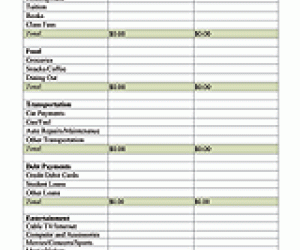I do think it would make sense to schedule a visit with your daughter's physician or healthcare provider. It would be helpful to have her see her doctor to make sure that she is otherwise healthy. Things such as abnormal weight (too high or too low), stress, thyroid problems, or other hormonal problems can cause the periods to be irregular, but they usually cause other symptoms as well. If your daughter is otherwise well, it is extremely unlikely that there is an underlying problem causing the irregular periods. Her doctor can answer any questions or concerns, and help to educate your family about various aspects of the menstrual cycle.
As for your wife's concern of a doctor's visit being traumatic, I would point out that at this age an examination usually does not include a pelvic or internal examination. The doctor will do a general physical examination, and look at the breasts and vaginal area, but will not do a speculum or manual exam. That would only be done if there were some concern about an anatomical problem or an infection.





